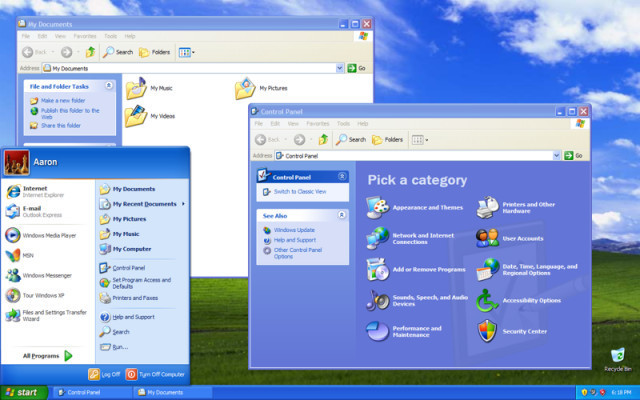
After April 8th,if you are running Windows XP, your machine will no longer receive support from Microsoft. What this means is that if new exploits are found within the OS, the company will not release patches to fill in those holes. In short, your machine will be exposed to outside threats that could cripple your machine and cause you to lose all of your data.
We know that most users out there are aware of Microsoft dropping support for XP but the fact remains, many consumers are still running the platform. And with third-party malware solutions still supporting the platform, why should you move from XP to Windows 7or 8 if XP handles your needs?
Well, for one thing, Windows 7 and 8 have modern architectures and can make better use out of your hardware so if nothing else, by upgrading your machine will see a performance boost. More so, you will get enhanced security protection directly from Microsoft that will help to keep your personal assets safe.
But really, here is the scenario that you should be most worried about.
Put yourself in the mind of someone who writes ransome-ware. If you find an exploit in Windows XP and you know that Microsoft will stop patching holes after April 8th, why would you release the exploit now as opposed to waiting? The answer: You wouldn't.

Screenshot of Ransome-ware that cost $300 to 'unlock' your PC
April 9th will likely see a wave of Windows XP exploits released and the more they are known about within the ransome-ware community, the more likely they will make their way out into the wild in volume. It’s because of this scenario that makes running Windows XP post April 8th so risky. Yes, you can still find ways to protect yourself, but you are betting on a third-party being able to react quick enough to block the new threats before you are infected. By not upgrading, you are opening yourself up to unnecessary threats by running a piece of software that was released in 2001.
There has also been some confusion about extended support for Windows XP after April 8th; corporations can buy extended support for the platform, but it is not cheap. The extended lifecycle payments could cost some banks up to $100 million to protect ATMs that run Windows XP and at that price, it's quite obvious why consumers will not be able to purchase extended support.
We know that running Windows XP will become a serious risk after April 8th and as a point of reference, 6.6% of Neowin's traffic for the month of February came from users running XP.
Ransome-ware Image Credit: Bleepingcomputer





_small.jpg)









92 Comments - Add comment